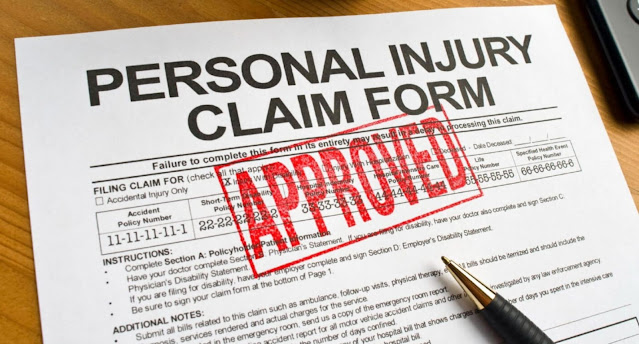Introduction
In the realm of personal injury law, the concept of success fees often arises when discussing legal representation and compensation. These fees, deducted from the overall compensation awarded to the claimant, represent the solicitor’s remuneration for successfully pursuing the case. While the idea of paying a fee for legal services is common, understanding the intricacies of success fees in personal injury claims is crucial for claimants to make informed decisions.
No Win, No Fee Agreements: The Foundation of Success Fees
The foundation of success fees lies in the concept of No Win, No Fee (NWNF) agreements. These agreements, also known as Conditional Fee Agreements (CFAs), are a type of legal contract between a claimant and their solicitor. Under an NWNF agreement, the solicitor agrees to represent the claimant on a contingency basis, meaning they only receive payment if the claim is successful. This arrangement aims to alleviate the financial burden on claimants, ensuring they can access legal representation without upfront costs.
Success Fee Structure and Limitations
Success fees are typically calculated as a percentage of the overall compensation awarded to the claimant. The exact percentage varies depending on the complexity of the case, the solicitor’s experience, and the individual circumstances of the claimant. However, in England and Wales, the success fee is legally capped at 25% of the compensation. This cap ensures that claimants retain a significant portion of their compensation, even in successful cases.
Transparency and Disclosure Requirements
Solicitors have a legal obligation to be transparent and disclose all costs associated with pursuing a personal injury claim, including the success fee. This information should be clearly outlined in the CFA, allowing claimants to make informed decisions about their legal representation.
Factors Influencing Success Fee Amounts
Several factors can influence the amount of the success fee, including:
Complexity of the Claim: More complex cases, such as those involving significant medical expenses or long-term disability, may warrant a higher success fee.
Solicitor’s Experience: Solicitors with extensive experience in personal injury law may charge a higher success fee due to their expertise and proven track record.
Individual Circumstances: The claimant’s financial situation and the potential impact of the injury may also influence the success fee.
Alternatives to Success Fees
While success fees are the most common form of payment for personal injury solicitors operating under NWNF agreements, alternative arrangements exist:
Fixed Fees: In some cases, solicitors may agree to a fixed fee structure, regardless of the outcome of the claim. This approach provides more certainty for claimants regarding legal costs.
Hour-Based Charges: In rare instances, solicitors may charge an hourly rate for their services. This arrangement is typically reserved for complex cases where the success rate is uncertain.
Negotiating Success Fees
Claimants should not hesitate to negotiate the success fee with their solicitor before signing a CFA. Open communication and understanding the solicitor’s reasoning behind the proposed fee are crucial for ensuring a fair and transparent agreement.
Conclusion
Success fees play a significant role in personal injury claims, providing a mechanism for compensating solicitors for their services while ensuring claimants have access to legal representation. Understanding the intricacies of success fees, including their limitations and alternative arrangements, empowers claimants to make informed decisions and secure their rights in pursuing compensation for their injuries.



0 Comments